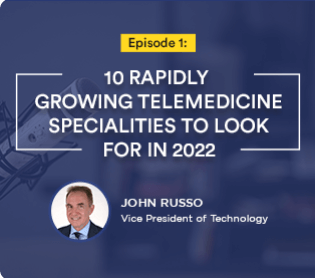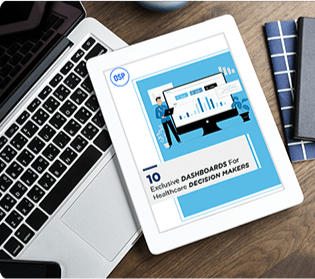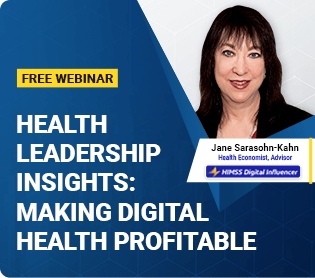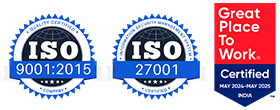Introduction
The medical sector varies from other businesses and consists of complex processes from appointment to care delivery. Imagine this; a food service provider gets paid for every order delivered. Similarly, a doctor needs to receive payment for every care service provided. However, if some services are not tracked or accounted for with a healthcare software development product, the physician will likely not be paid for all the time invested. As per the ICD-10 codes, healthcare providers must keep note of the hours of care services rendered. This healthcare informatics ensures that medical practitioners do not go through missed or delayed payments. The way physicians can achieve this goal is by implementing a revenue cycle management process in medical billing. RCM in medical billing is a process that helps to track and collect revenue from healthcare services. Cloud-based healthcare RCM cycle in medical billing forms an integral component of clinics practice management and medical billing revenue cycle. Healthcare software product development can streamline the RCM in medical billing and improve the profits of the healthcare services
Significance of RCM cycle in Medical Billing
Revenue cycle management starts with patients scheduling appointments for healthcare services. The patient is registered on the system, and all the information is stored as electronic health records. The patient payer data is then gathered for verifying the patient’s identity and assigning a payer source. After the patient visits the doctor, the payment is entered into the system for revenue cycle automation. RCM in healthcare helps to track and automate the payment reimbursement process.
The revenue cycle process in healthcare enables the collection of the charges for all the health services delivered. Revenue cycle management automation ensures the payer reimburses on time and manages insurance pays without delays. The bills are stored electronically in the system while implementing RCM in medical billing. In this way, medical billing in revenue cycle management smoothens the billing and payment process and manages the entire revenue cycle. It also serves useful while tracking and receiving payments from telehealth services and remote patient monitoring.
7 Best Practices for RCM in Medical billing to double up the ROI
Physicians are slowly adopting healthcare automation practices, be it for virtual care or integrated care. In such times, healthcare practitioners must incorporate the best methods for increasing their capital through an RCM solution.
We have created a list of top 7 practices for healthcare revenue cycle management to help you achieve high ROI returns.
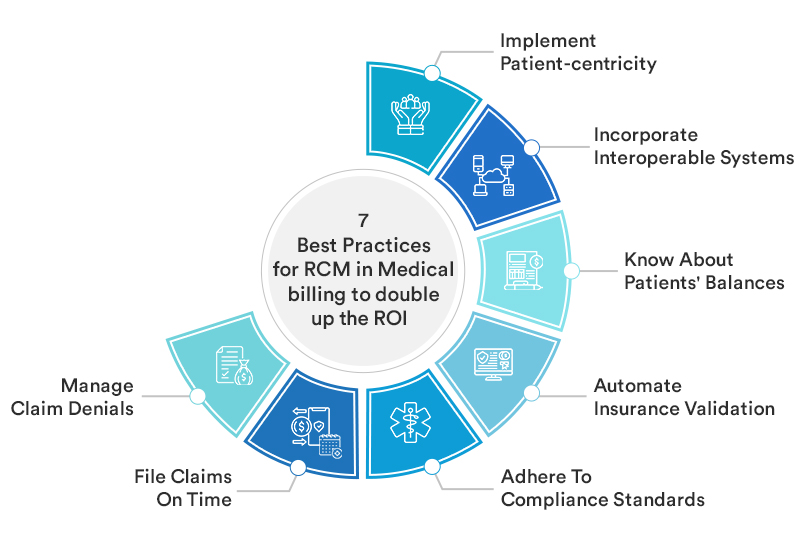
1. Implement Patient-centricity
Medical practices need to utilize revenue cycle solutions for maximizing their income and improving healthcare management. The staff should work proactively towards enhancing patient engagement to build trust and high patient outcomes. Healthcare providers must offer a verbal and written explanation to patients regarding their financial responsibility, payment options, and expectations from their visit through revenue cycle management. A doctor’s time and effort need to be focused on patients and should not reflect the struggle to generate more revenue. Patients may think of the revenue cycle management process in medical billing as confusing, complicated, and challenging. Medical professionals can address these concerns and encourage patients to use online payment and billing with RCM solutions.
2. Incorporate interoperable systems
Interoperability forms an essential ingredient of medical revenue cycle management software. It simplifies the communication of patients’ medical information across different healthcare networks securely. Interoperability in revenue cycle management solutions supports interconnectivity and simplifies workflow between multiple healthcare providers. Interoperable medical billing solutions allow electronic data exchange and healthcare analytics across various systems and devices for automating billing management and ensuring HIPAA compliance.
3. Know about patients’ balances
While implementing RCM management in medical billing, it is essential to be aware of patients’ balance payments. Any pending payments must be handled immediately with medical billing solutions. The best way to accomplish this with revenue cycle management in healthcare is by collecting patient balances during check-in and check-out of hospital visits. Collecting payment from patients is likely to reduce when they leave the clinic and would continue to drop with each passing day. RCM in medical enables tracking of patient balances to help healthcare providers receive timely payments.
4. Automate insurance validation
Verification of insurance coverage during patient registration is an essential step while integrating RCM in medical practice. More and more insurance companies establish stringent requirements for prior authorization and coverage eligibility with revenue cycle management. Automation of insurance verification using medical revenue cycle management can optimize clinical processes, speed up payment reimbursement, and reduction of the workload of the administrative staff. Automating insurance verification with RCM in medical billing can also avoid claim denials.
5. Adhere to compliance standards
Healthcare organizations must comply with HIPAA standards while delivering care services, be it virtual or offline. HIPAA regulations make it compulsory for all healthcare providers to submit claims electronically with an approved format for managing the revenue cycle in medical billing. Paper works for record-keeping can lead to errors and miss the accuracy demanded by HIPAA. Healthcare professionals can protect patient medical records’ privacy, security, and confidentiality by adhering to HIPAA regulations. Revenue cycle management in healthcare promotes HIPAA compliance along with the accurate filing of medical billing documents.
6. File claims on time
One of the common mistakes that healthcare organizations make is failing to file claims promptly and missing deadlines. Healthcare revenue cycle management companies allow one year for filing of claims starting the date of healthcare service. In contrast, private insurance companies allow only 90 days. If you miss the deadlines for submitting claims, they may go unpaid, which can affect your RCM in medical billing. In such cases, the healthcare provider would need to write off their clinical services. We know you wouldn’t want this to happen, so filing medical claims on time are crucial.
7. Manage claim denials
Claim denials are a common reason why many healthcare practices lack an RCM in medical billing. Claim denials may be faced for several reasons, such as coding error, duplicate claims, lack of information, missing deadlines for claim filing, and so on. That is why it is essential to closely monitor the claim process. Revenue cycle solutions can help you understand each claim and identify why claims are denied. RCM in medical billing can enable your staff to recognize the patterns and mistakes so you can prevent claim denials. It can assist in tracking denials and the reasons for them so you can manage claim denials better. A denials prevention program in medical billing should be implemented for the entire staff to focus on standardized processes for mitigating denials risk.
Conclusion
Investing your time and money in RCM for medical billing can be a long-term plan for managing billing and claims. The above best practices for RCM software would streamline your healthcare revenue cycle and help you make the most from it. These seven best practices can increase cash flow, reduce account receivables, decrease expenses, and streamline the workflow of your healthcare practice. OSP can develop RCM solutions that cater to the best practices and help you achieve your medical billing goals.
OSP is a trusted software development company that delivers bespoke solutions as per your business needs. Connect with us to hire the best talents in the industry to build enterprise-grade software.
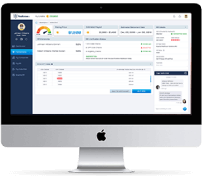
How can we help?
Fill out the short form below or call us at (888) 846-5382
Looking for software solutions to build your product?
Let's discuss your software solutions for your product in our free development acceleration call!
Get In Touch arrow_forwardDiscuss Your Project Handover with a team of expert Book a free consultation arrow_forward
About Author

Written by Riken Shah linkedin
Riken's work motto is to help healthcare providers use technological advancements to make healthcare easily accessible to all stakeholders, from providers to patients. Under his leadership and guidance, OSP Labs has successfully developed over 600 customized software solutions for 200+ healthcare clients across continents.












